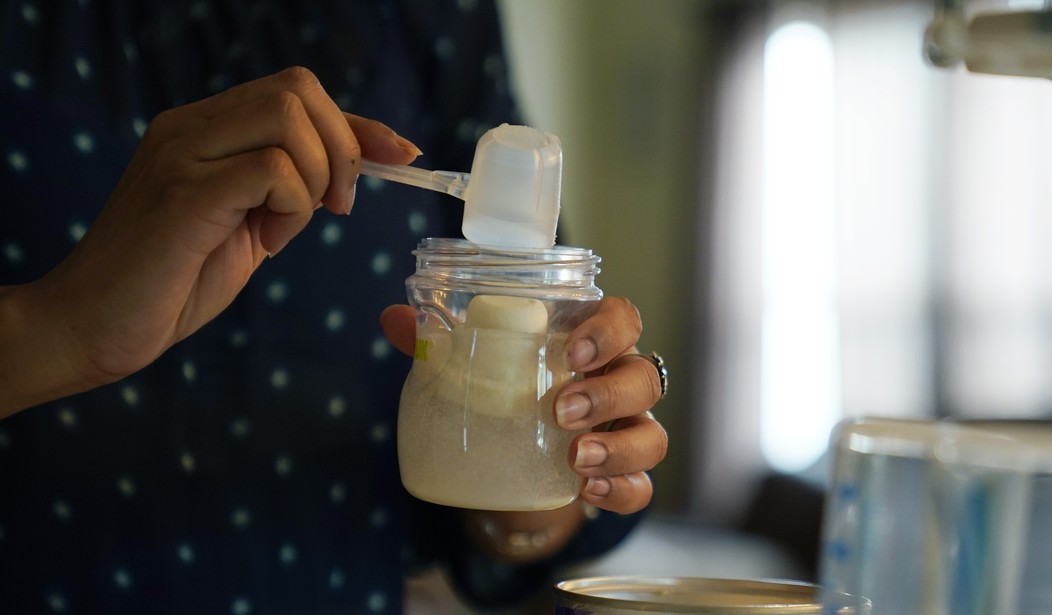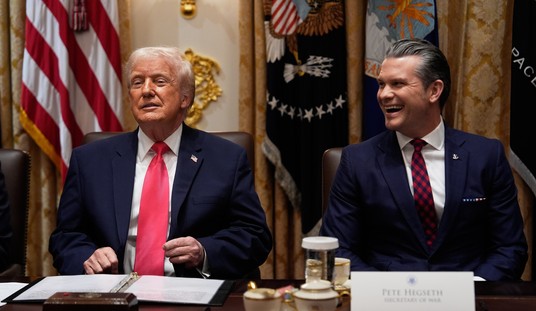The U.S. Food and Drug Administration sent warning letters to three baby formula manufacturers on Wednesday over violations of federal safety regulations, a nationwide shortage left caregivers scrambling.
ByHeart Inc, Mead Johnson Nutrition, and Perrigo's Wisconsin unit were sent the warnings following an FDA inspection of their facilities between December and March.
The FDA said since the warning letters were not related to any ongoing recalls, the agency did not anticipate shortages.
At the time of each inspection, the FDA issued inspectional observations and exercised oversight of each firm as they initiated recalls (in December 2022, February 2023 and March 2023) to remove product potentially contaminated with Cronobacter sakazakii from the marketplace.
Importantly, the FDA does not advise parents and caregivers to discard or avoid purchasing any particular infant formula at this time. The agency is not aware of any distributed product where contamination was confirmed and believes that the recalls were effective in removing the potentially contaminated batches of product from the market. Additionally, these warning letters are not associated with any current recalls and therefore the FDA does not anticipate any impact to the availability of infant formula on the market.
The FDA is issuing these letters now as part of its normal regulatory process and to reinforce to these firms the importance of instituting and maintaining appropriate corrective actions when they detect pathogens to ensure compliance with the FDA’s laws and regulations. (FDA)
Recommended
Going forward, the firms must conduct root-cause investigations, carry out extensive cleaning, and evaluate their sanitation practices. They will have 15 days to explain what “corrective actions” they have taken since receiving the warning letters.
“Infant formula manufacturers are responsible for ensuring they make safe products, and the agency has remained in ongoing discussions with the infant formula industry to address the agency’s concerns, said Donald Prater, acting director of the FDA’s Center for Food Safety and Applied Nutrition, in a statement. "The FDA is committed to identifying and acting on issues early to prevent any firms from reaching the level of concern that prompted last year’s large-scale recall and contributed to the infant formula shortage."
Prater continued, “Over the last year the FDA has continued to increase our oversight of powdered infant formula facilities. These letters are a reflection of this enhanced oversight and are intended to help the industry continuously improve the safety of their manufacturing practices, so that parents and caregivers can be confident that the formula they feed their children is safe and nutritious.”
























Join the conversation as a VIP Member